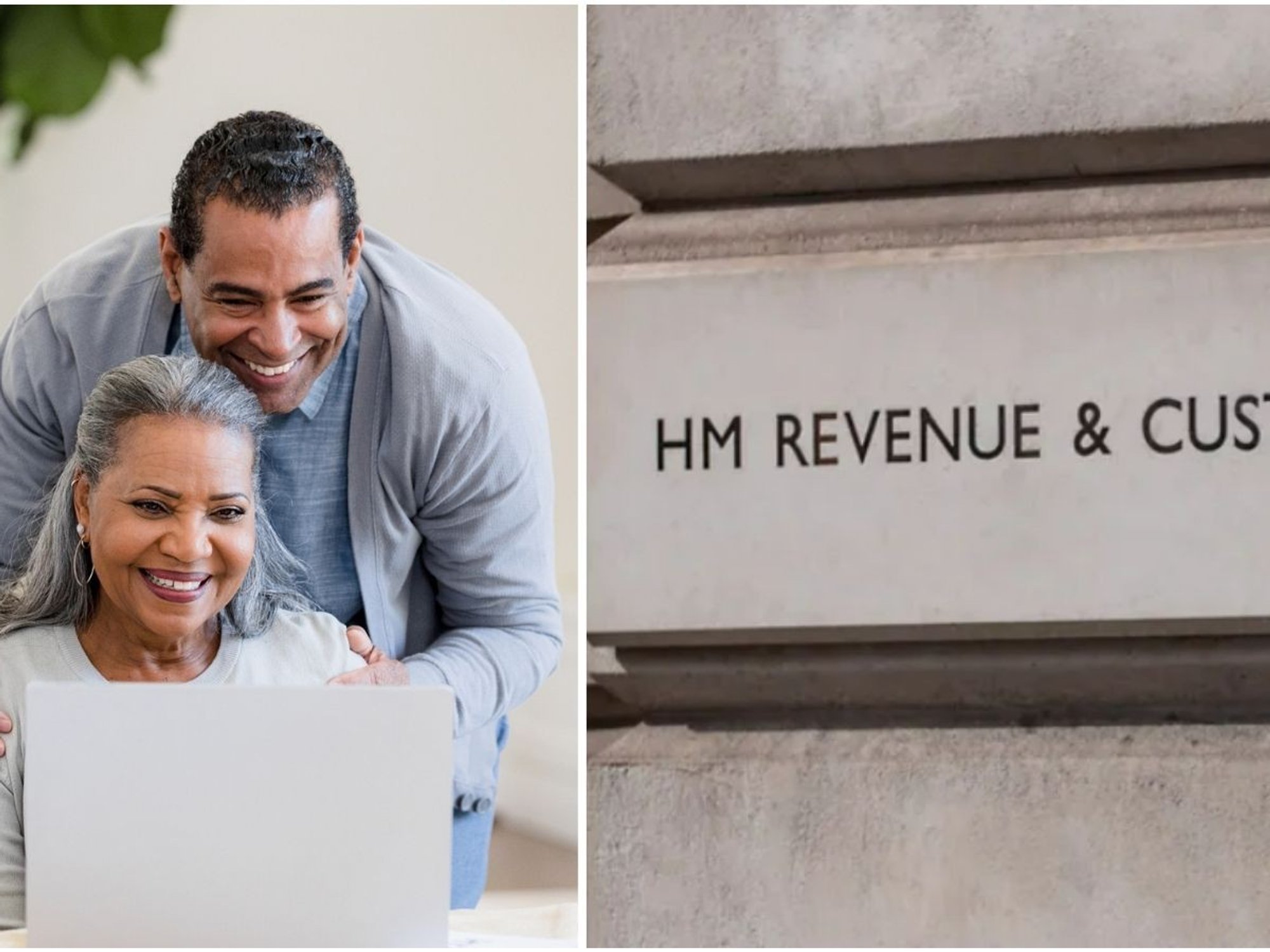Driving law changes you may have missed in July - EU speed limiters, car tax rules and more
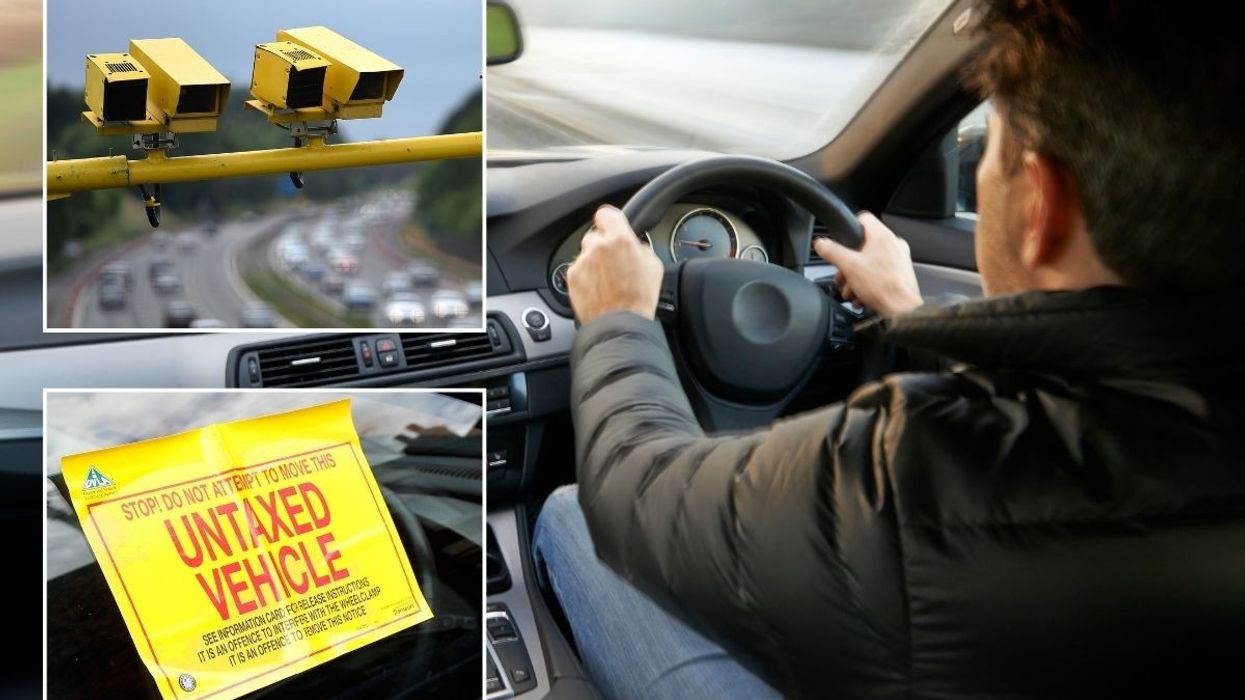
Motorists face challenges following new law changes in July
|PA/GETTY

New Prime Minister Keir Starmer has pledged to investigate expensive car insurance and fuel costs
Don't Miss
Most Read
Britons are being warned of new motoring rules introduced over the last month which could see new technology installed in vehicles and promises of measures to support drivers in the future.
July was a big month for motorists, headlined by Labour's blowout victory in the General Election, standing on a manifesto of backing drivers with pledges to lower key costs and repair roads.
Other rules were also introduced to improve safety on the roads, which could lead to European Union driving laws being launched in the UK soon.
To help drivers deal with the countless motoring changes, GB News has rounded up the most important new rules you need to be aware of.
Do you have a story you'd like to share? Get in touch by emailing motoring@gbnews.uk
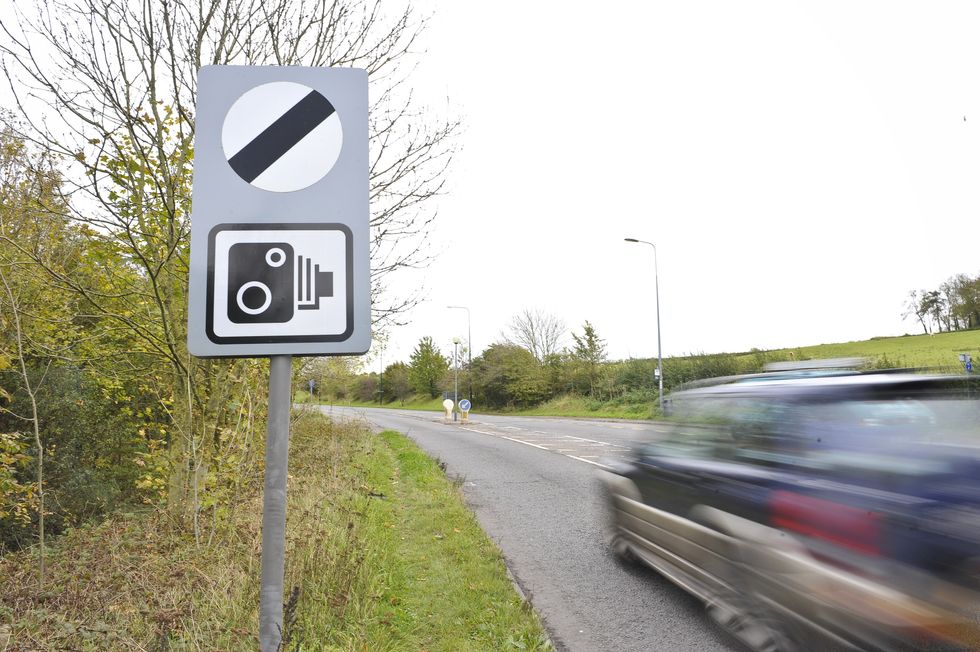
Speed limiter rules were launched at the start of the month
| PASpeed Limiters
From July 7, 2024, all new vehicles manufactured in the European Union and Northern Ireland need to be equipped with intelligent speed assistance (ISA) technology as lawmakers attempt to make streets safer for all road users.
The "New Vehicle General Safety Regulation" (GSR2) will ensure that motorists are notified of when they are exceeding the speed limit through audio, visual or haptic feedback.
The Department for Transport confirmed to GB News that it was considering whether to introduce the EU laws in Great Britain, with the potential for a future consultation and the necessary legislation.

Keir Starmer's Labour Party secured a landslide victory in the General Election
| PAGeneral Election
Following six weeks of campaigning, Keir Starmer's Labour won a landslide election with 412 seats, while Rishi Sunak's Conservatives lost more than 250 seats, slumping to an opposition with just 121 seats.
Starmer has pledged to introduce several new measures to aid drivers with motoring costs and the state of roads around the country. It has promised to fix an additional one million potholes across England each year.
Other factors include lowering the cost of motor insurance and fuel prices, supporting the transition to electric vehicles through new chargers and reinstating the original 2030 deadline to ban the sale of new petrol and diesel cars and vans.
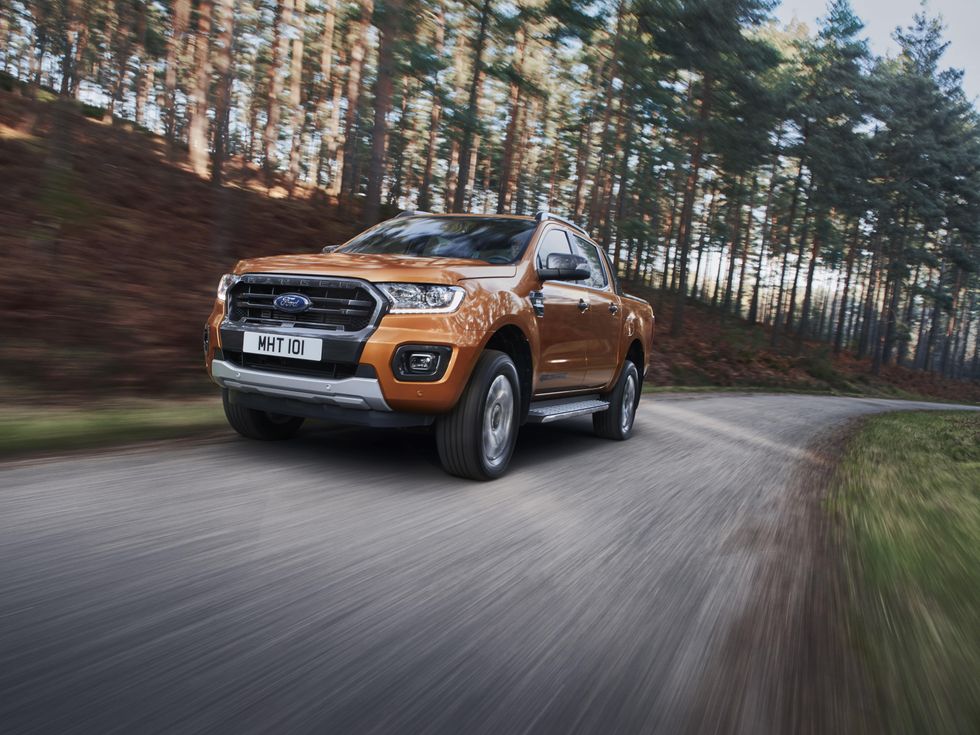 The Ford Ranger Wildtrak is one of the most popular double cab pick-up trucks | FORD
The Ford Ranger Wildtrak is one of the most popular double cab pick-up trucks | FORDCar tax rules scrapped
Thousands of drivers across the UK could have lost hundreds of pounds at the start of the month when new car tax changes were meant to be introduced, impacting company car owners.
It would have seen double cab pick-up trucks, most of which have a payload of more than 1,000kg, considered as company cars, meaning drivers would need to pay hefty Benefit-in-Kind (BiK) tax rates.
Many vehicles are powered by large diesel engines, meaning they would be placed into some of the highest BiK bands, resulting in a tax band of 37 per cent. HMRC quickly scrapped the plans in February following driver backlash.
LATEST DEVELOPMENTS:
- Petrol and diesel cars to be sold 'up to and beyond 2030' as major brands make electric vehicle decision
- Electric car drivers can use 'groundbreaking' charger that is 'five to 10 times' cheaper than public devices
- Eight out of 10 petrol and diesel drivers refuse to go electric despite upcoming Labour ban on sales
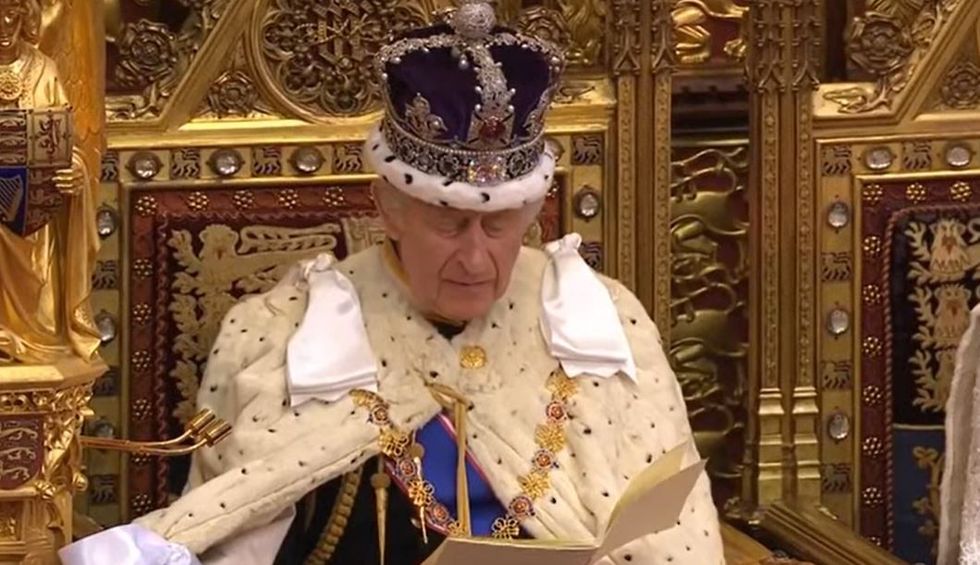
King Charles delivered the State Opening of Parliament on July 17
| PARLIAMENT.TVKing's Speech
Following Labour's election triumph, King Charles was called upon to deliver the State Opening of Parliament, although measures specifically for motorists were omitted.
Despite Labour's pledges for transport in its manifesto, the speech did not address the party's plans for fuel duty, car insurance relief or potholes.
The King's Speech did see Britons supported by the Better Buses Bill and the Railways Bill. These will "transform" the bus network and bring rail services under public ownership, helping to bring costs down.





